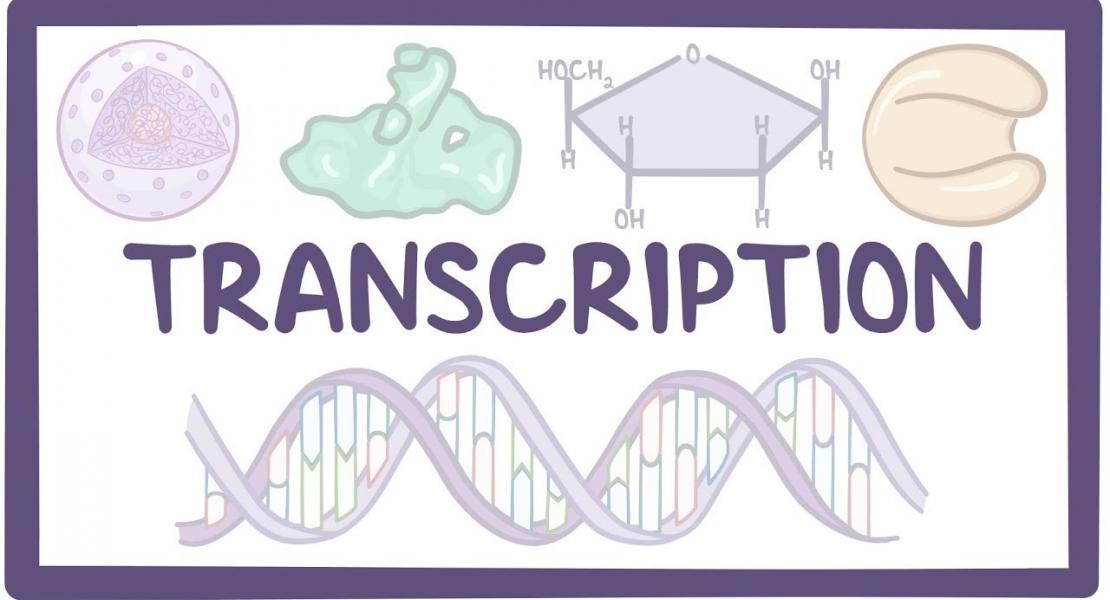Inhibition of natural antisense transcripts in vivo results in gene-specific transcriptional upregulation

Abstract
The ability to specifically upregulate genes in vivo holds great therapeutic promise. Here we show that inhibition or degradation of natural antisense transcripts (NATs) by single-stranded oligonucleotides or siRNAs can transiently and reversibly upregulate locus-specific gene expression. Brain-derived neurotrophic factor (BDNF) is normally repressed by a conserved noncoding antisense RNA transcript, BDNF-AS. Inhibition of this transcript upregulates BDNF mRNA by two- to sevenfold, alters chromatin marks at the BDNF locus, leads to increased protein levels and induces neuronal outgrowth and differentiation both in vitro and in vivo. We also show that inhibition of NATs leads to increases in glial-derived neurotrophic factor (GDNF) and ephrin receptor B2 (EPHB2) mRNA. Our data suggest that pharmacological approaches targeting NATs can confer locus-specific gene upregulation effects.
